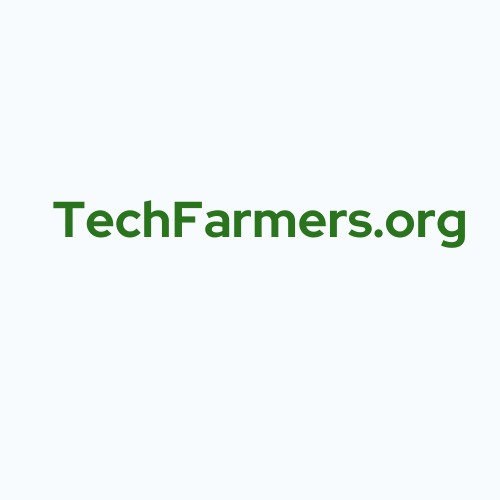Urgent Call for Climate Adaptation in African Agriculture: ReSAKSS 2023 Report Highlights
The 2023 Regional Strategic Analysis and Knowledge Support System (ReSAKSS) report underscores the urgent need for African countries to adopt climate adaptation technologies in agriculture. This move is critical to protect their economies from the escalating impacts of climate change, which is a major contributor to food insecurity on the continent.
In a decisive moment for African agriculture, the 2023 Regional Strategic Analysis and Knowledge Support System (ReSAKSS) report presents a clarion call for African nations. The report stresses the necessity of rapidly adopting climate adaptation technologies and practices in agriculture, a move deemed crucial for shielding the continent’s economies from the harsh realities of climate change. This comprehensive analysis not only outlines the potential solutions but also delves into the complexities and challenges that lie ahead.
Climate-Smart Agriculture as a Crucial Solution: The ReSAKSS report places significant emphasis on the concept of climate-smart agriculture (CSA). CSA is not just a set of practices; it’s a transformative approach designed to increase agricultural productivity sustainably, enhance resilience to climate change, and where possible, reduce greenhouse gas emissions. The report argues that the implementation of CSA practices could substantially mitigate the economic impacts of climate change. Given the frequency and intensity of extreme weather events and climate shocks, which are significant contributors to food insecurity in Africa, this approach could be a lifeline for millions.
The Pivotal Role of Data in Agricultural Transformation: A key highlight of the ReSAKSS report is the importance of data in agricultural transformation. The report underscores the necessity of robust data collection and analysis to inform evidence-based policymaking. It argues that data-driven strategies are essential for a comprehensive transformation of African food systems. This includes everything from understanding crop patterns to analyzing market trends and consumer needs. However, the current state of data collection and analysis in many African countries is fragmented and insufficient, underscoring a need for improvement.
Intersectoral Coordination: A Pathway to Transformation: The ReSAKSS report calls for enhanced coordination between multiple sectors — agriculture, health, nutrition, water, and sanitation. This integrated approach is critical for creating a conducive environment for food system transformation. The report suggests that addressing agricultural issues in isolation may not yield the desired outcomes. Instead, a holistic approach that considers the interconnectedness of these sectors could lead to more sustainable and impactful solutions.
The Imperative for Increased Investment in Science and Technology: Another significant aspect of the report is the call for increased investment in science and technology. This investment is vital for developing innovative solutions to improve food systems. The report highlights the potential of technologies like precision agriculture, biotechnology, and digital tools in transforming agricultural practices. However, it also acknowledges the challenges, including limited access to technology, lack of infrastructure, and the need for capacity building in these areas.
Urgent Need for an Africa Food Safety Agency: The report commends the progress in food safety in recent years but underscores the urgency of establishing an Africa Food Safety Agency under the African Union Commission. It also advocates for the implementation of existing food safety strategies. The establishment of such an agency would not only improve food safety standards across the continent but also boost trade and consumer confidence in African agricultural products.
Addressing Data Gaps for Informed Decision-Making: The report points out the critical need for African governments to fill existing data gaps. This includes gender-disaggregated data, which is vital for understanding the different impacts of agricultural policies on men and women. The report also notes discrepancies in the quality of data across national databases, emphasizing the need for standardized and reliable data collection methods.
Expert Insights:
- Ousmane Badiane, AKADEMIYA2063: Reflects on the progress since the establishment of the CAADP in 2003, highlighting new challenges, particularly climate change, and the need for a robust post-Malabo agenda.
- John Ulimwengu, IFPRI: Emphasizes the importance of greater coordination across various data streams and the development of common indicators for effective transformation.
- Josefa Sacko, African Union Commission: Comments on the progress and the need for further steps in the CAADP’s implementation, with a focus on the importance of quality data in policymaking.
:The 2023 ReSAKSS report offers a comprehensive and actionable roadmap for African nations. It highlights the urgency of embracing climate adaptation in agriculture and underscores the importance of investing in data-driven strategies. The recommendations provided in the report chart a course towards mitigating the impacts of climate change and achieving sustainable food systems. As African countries grapple with the realities of a changing climate, the actions suggested in this report could be pivotal in ensuring food security and economic resilience for millions across the continent. The time for action is now, and the roadmap is clear.
